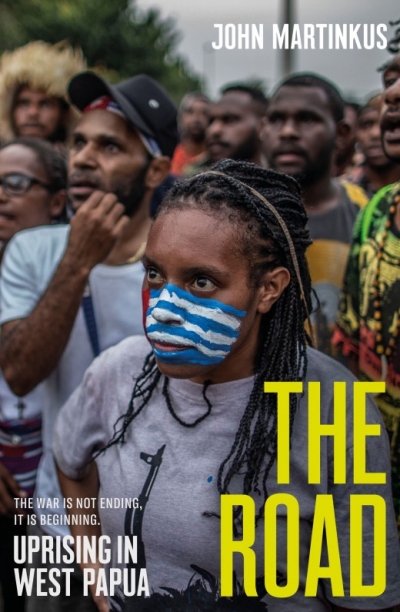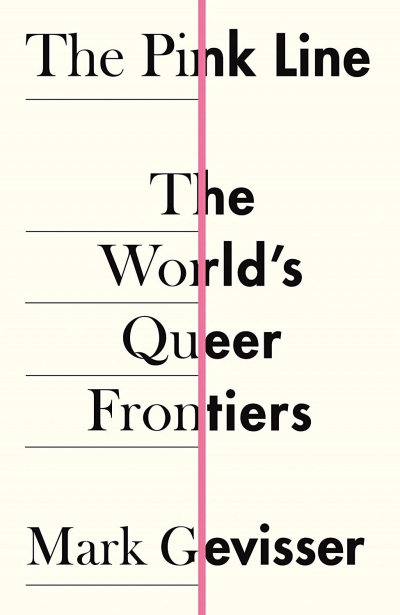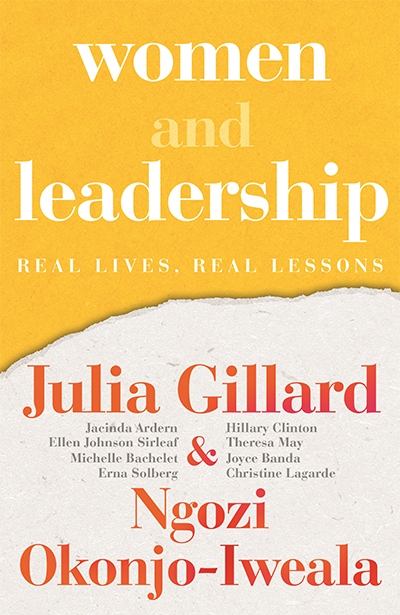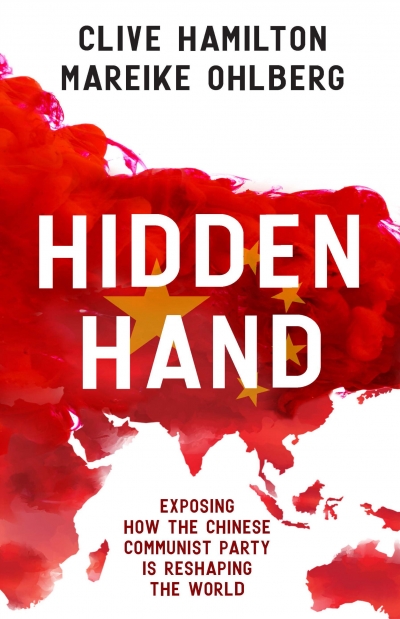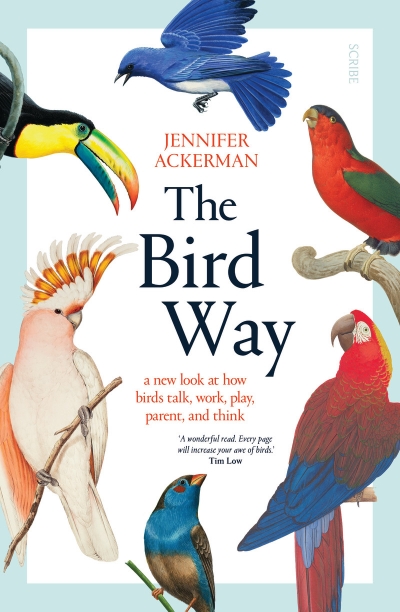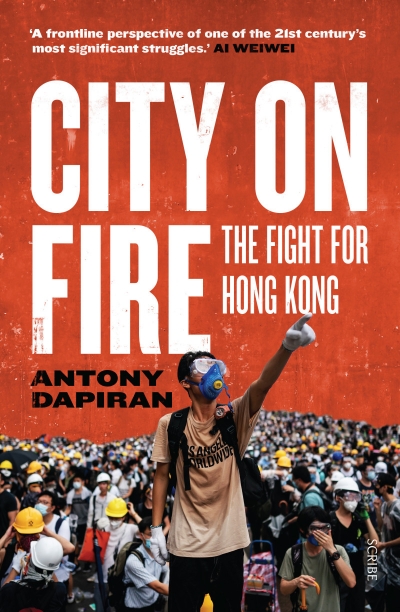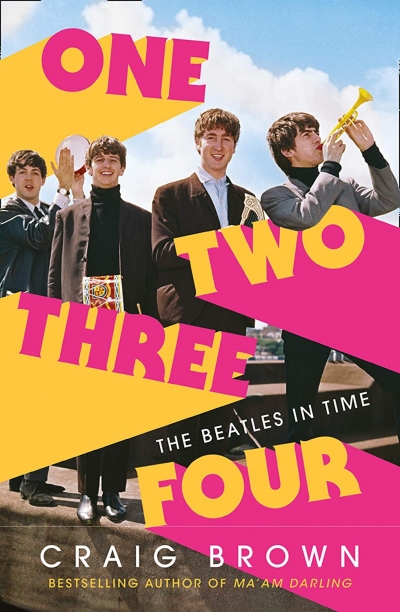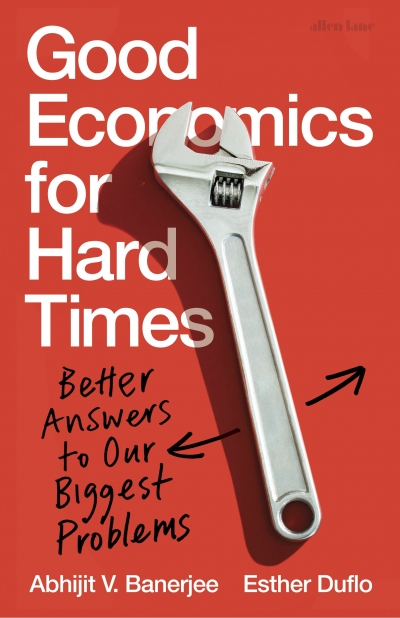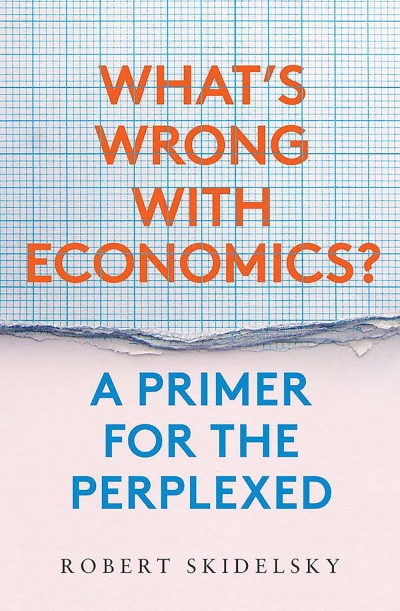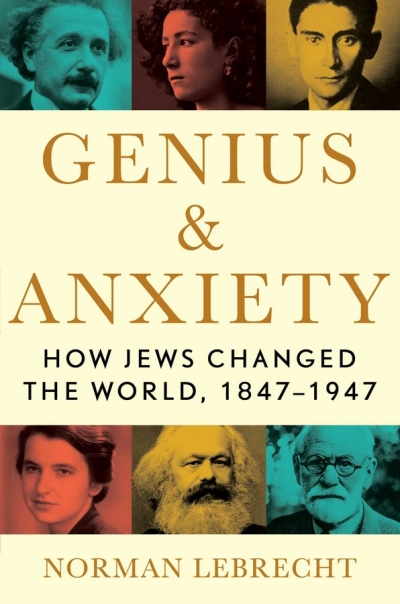Non Fiction
The Road by John Martinkus & Too Close to Ignore edited by Mark Moran and Jodie Curth-Bibb
It is a damning – if not altogether surprising – indictment on our public discourse that the average Australian knows far more about political and social developments on the other side of the world than about those occurring in our ‘near abroad’. It takes just fifteen minutes to travel in a dinghy from the northern most island in the Torres Strait to Papua New Guinea. The flight from Darwin to Timor-Leste lasts barely an hour. If visitors were permitted in Indonesian-controlled West Papua, the trip from Australia to Merauke, by plane from Darwin or boat from the Torres Strait, would not take much longer. Yet judging by the sparse coverage these regions receive in our press and by their minimal prominence in our politics, they might as well be on Mars.
... (read more)The Pink Line: The world’s queer frontiers by Mark Gevisser
In 2011, then Secretary of State Hillary Clinton proclaimed that ‘gay rights are human rights’. This statement, which would seem uncontroversial to most readers of ABR, was widely attacked as a symbol of Western neo-colonialism. Combined with the 2015 US Supreme Court recognition of same-sex marriage, gay rights were seen by many religious and political leaders as a threat to tradition, culture, and religion, even when, as in many parts of Africa and the Pacific, laws proscribing homosexual behaviour are the legacy of nineteenth-century colonialism.
... (read more)Women and Leadership: Real lives, real lessons by Julia Gillard and Ngozi Okonjo-Iweala
No Australian feminist is likely to forget the moment when Germaine Greer appeared on Q&A and declared that our first female prime minister should wear different jackets to hide her ‘big arse’. Greer, of course, has blotted her copybook many times before and since, but if we needed proof that a woman leader could not catch a break in this country, here was Australia’s most celebrated feminist joining in the new national pastime of hurling sexist invective at the prime minister.
... (read more)Hidden Hand: Exposing how the Chinese Communist Party is reshaping the world by Clive Hamilton and Mareike Ohlberg
Sometime in 2017, one of the world’s largest academic publishers started quietly removing thousands of articles from its websites in China because they covered topics deemed politically sensitive by the Chinse Communist Party (CCP). Much of the offending material related to the three Ts: Taiwan, Tibet, and the Tiananmen Square protests of 1989. At the time I was a China correspondent for the Financial Times, and an academic who was horrified by this censorship tipped me off. I contacted the publisher, Springer Nature, which admitted that it had begun censoring to comply with ‘local distribution laws’. I naïvely thought that the exposure of such craven behaviour by the owner of Nature, Scientific American, and the Palgrave Macmillan imprint would prompt a huge backlash from academics, universities, and governments.
... (read more)The Bird Way: A new look at how birds talk, work, play, parent, and think by Jennifer Ackerman
One of the most bizarre as well as unfortunate deaths in literary history occurred when the playwright Aeschylus was struck by a tortoise dropped on him by a bird. Bizarre, that is, if we don’t consider what the bird involved was doing, which was clever as well as practical. From the bird’s perspective, the tortoise was being dropped on a convenient stone rather than the bald head of a Greek tragedian who just happened to be in the wrong place at the wrong time.
... (read more)It began with a request to overturn a controversial bill that would have allowed people to be extradited to mainland China. According to the bill’s many detractors, this was but the latest example of the erosion of Hong Kong’s freedoms. By June 2019, millions of Hong Kong’s residents had taken to the streets. August saw sit-ins at Hong Kong’s International Airport, and by October clashes between police and protestors were characterised by violence and chaos – tear gas, rubber bullets, arrests, and prosecutions, the norm. This was summer in Hong Kong, a city dominated by increasingly violent upheaval with the world watching on.
... (read more)Chapter 148 of Craig Brown’s engrossing book is speculative fiction. Gerry and the Pacemakers are ‘the most successful pop group of the twentieth century’, their 1963 recording of ‘How Do You Do It?’, which the Beatles turned down, having launched their career. ‘To this day,’ Brown writes, ‘they remain the only artists to have achieved the number one slot with each of their first three singles.’ The last bit is almost true: they held that record for two decades.
... (read more)Good Economics for Hard Times: Better answers to our biggest problems by Abhijit V. Banerjee and Esther Duflo
A survey conducted in the UK in 2017 asked people whether they trusted the opinions of a variety of experts, such as doctors, scientists, and nutritionists. Economists came second last in a big field, beaten to the bottom only by politicians. How can it be that practitioners of an academic discipline that traces its intellectual history back at least 250 years have sunk so low in popular esteem? It seems that the blame rests not with economists themselves, most of whom are honest and well-intentioned individuals whose main handicap, at least among the males of the species, is their legendary boringness and appalling taste in ties.
... (read more)What’s Wrong with Economics?: A primer for the perplexed by Robert Skidelsky
It is a truth universally acknowledged that pride comes before a fall, and ‘Anyone with a historical sense would have realised that the hubristic attempt to make the world into a frontier and culture-free single market would end in tears.’ This opening salvo in Professor Robert Skidelsky’s new book is part of his answer to what is wrong with economics. Besides arrogance, this includes amorality, ahistoricism, sociopathy, over-formalisation, and unscientific dogmatism.
... (read more)Genius and Anxiety: How Jews changed the world, 1847–1947 by Norman Lebrecht
My first encounter with Daniel Deronda (1876) was during a university undergraduate course in Victorian literature. The novel was almost shocking for its romanticised Jewish eponymous hero and its deep evocation of Judaism and modern Zionism’s stirrings. This was a singular experience when it came to reading Jewish characters by writers who were not themselves Jewish. Fictional Jews of this period were more likely to be permutations of vile stereotypes, Shylock or Fagin-like. They induced a feeling of shame, even when arguments could be made for the work’s nuance and literary brilliance. In Genius and Anxiety: How Jews changed the world, 1847–1947, we meet Daniel Deronda’s unlikely muse along with a profusion of other personalities, some famous, others whose legacies have been unnoticed or suppressed.
... (read more)

